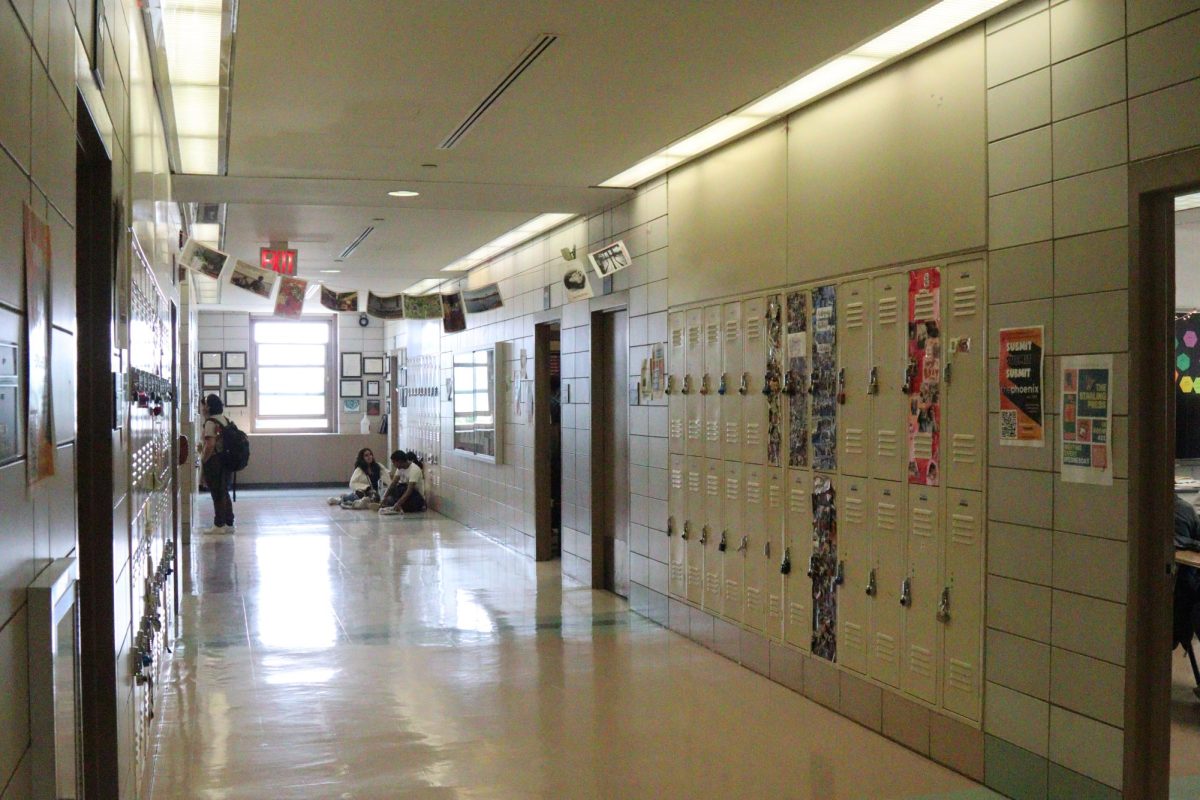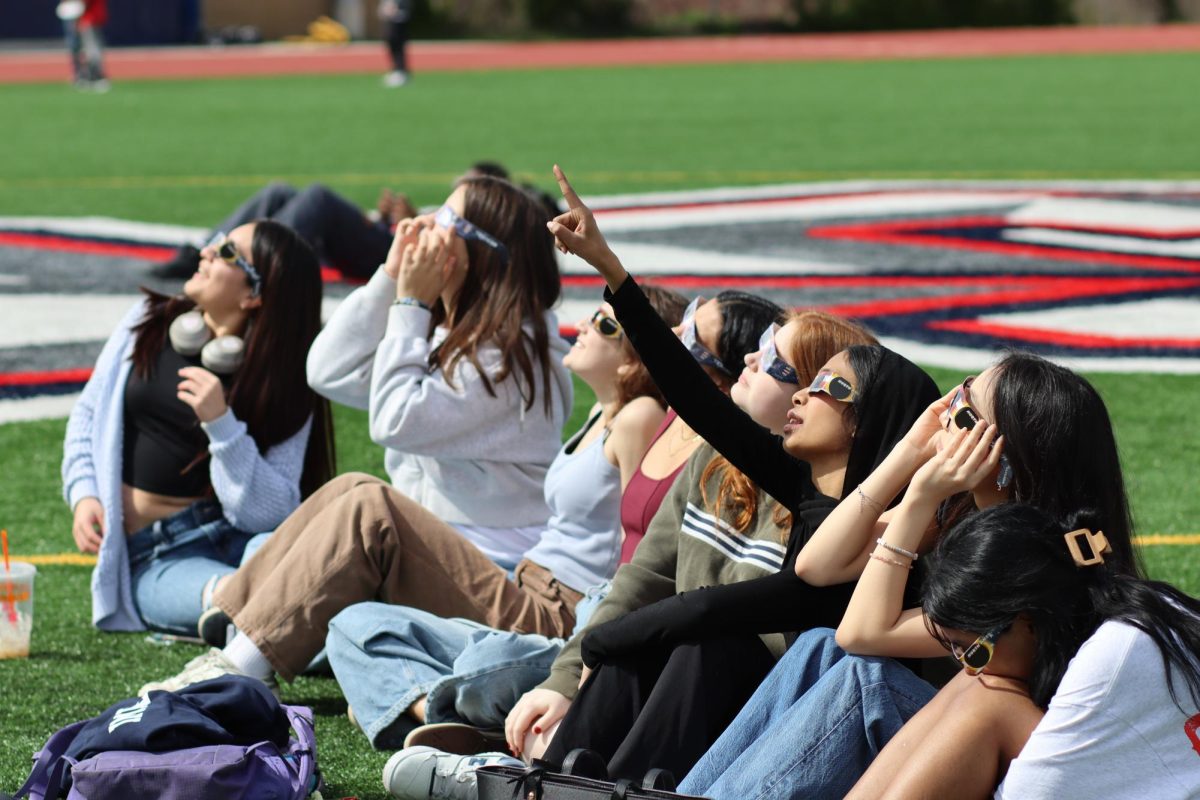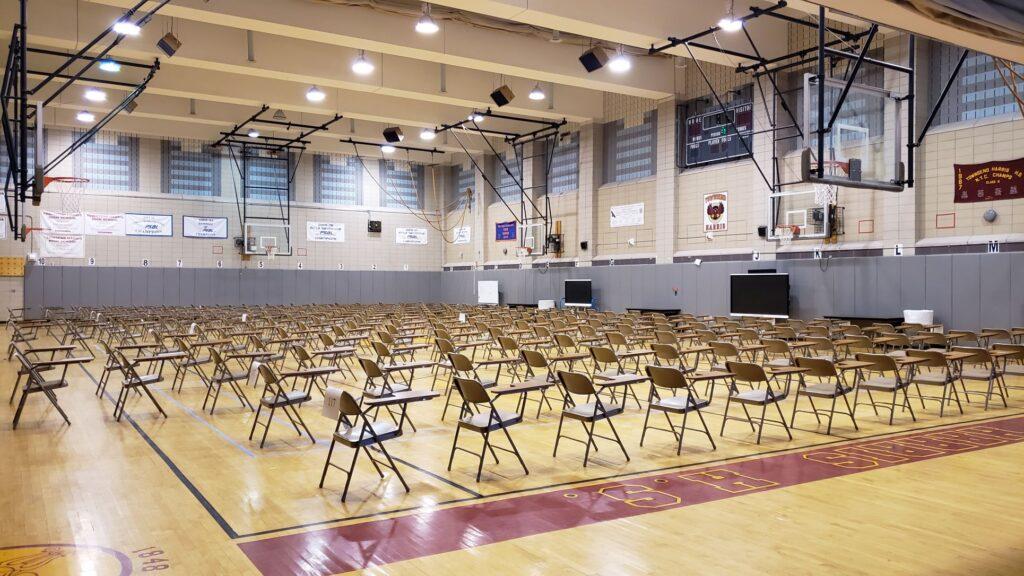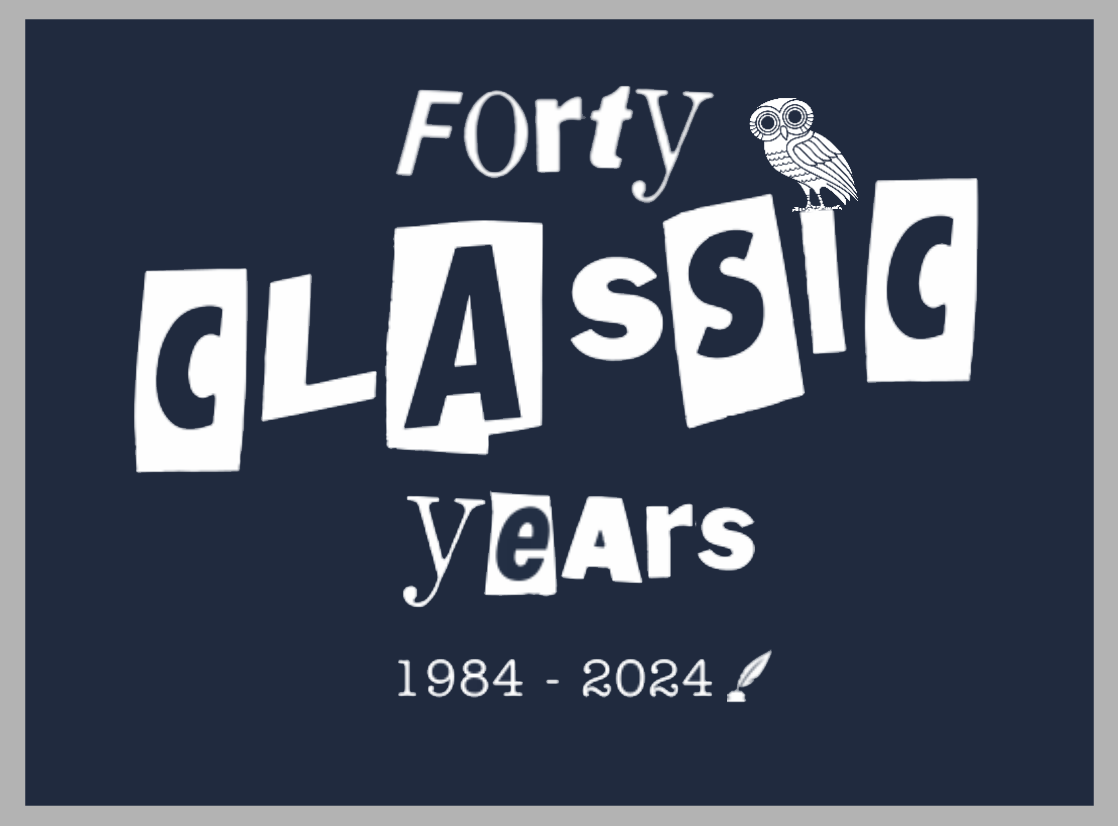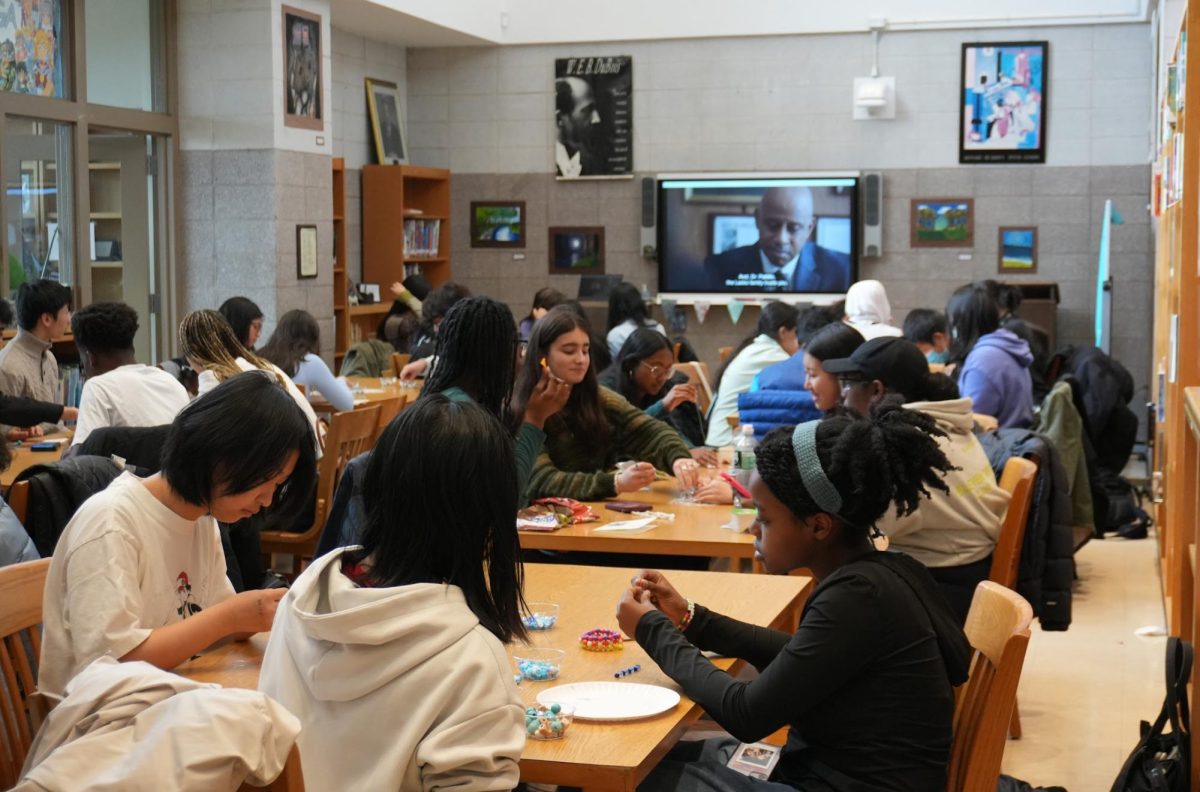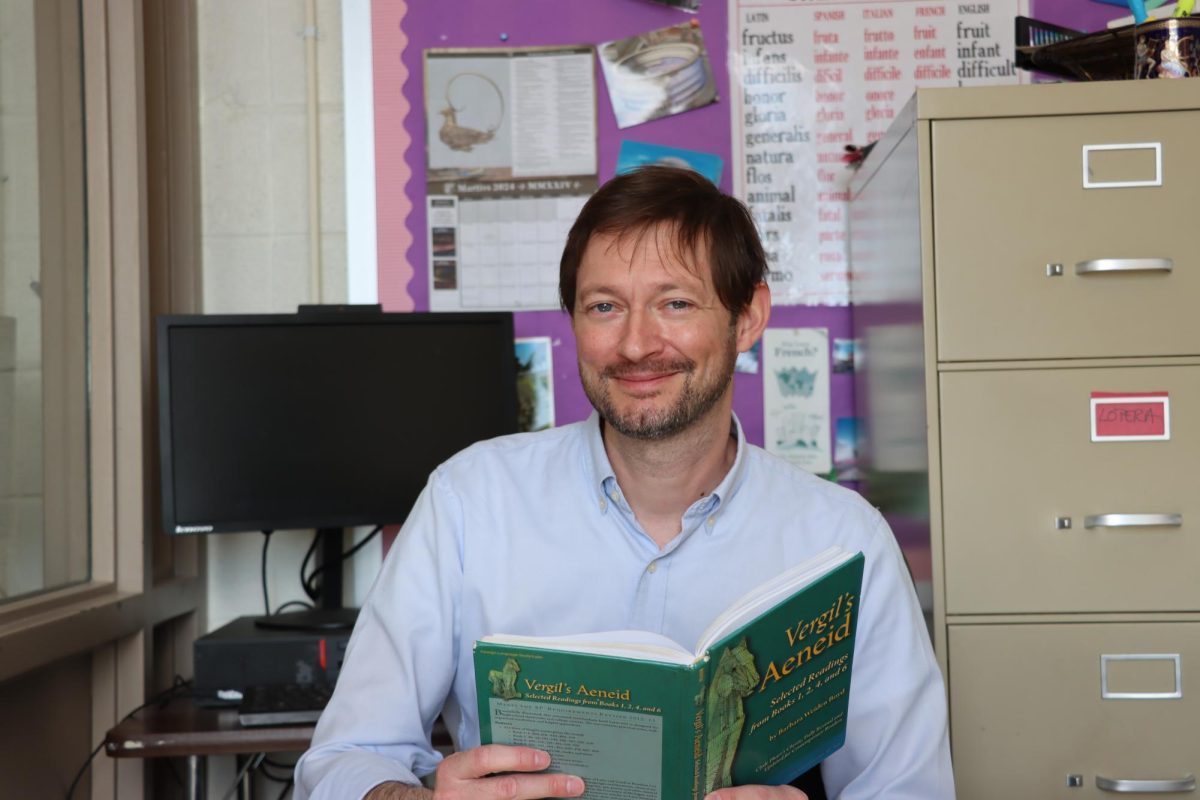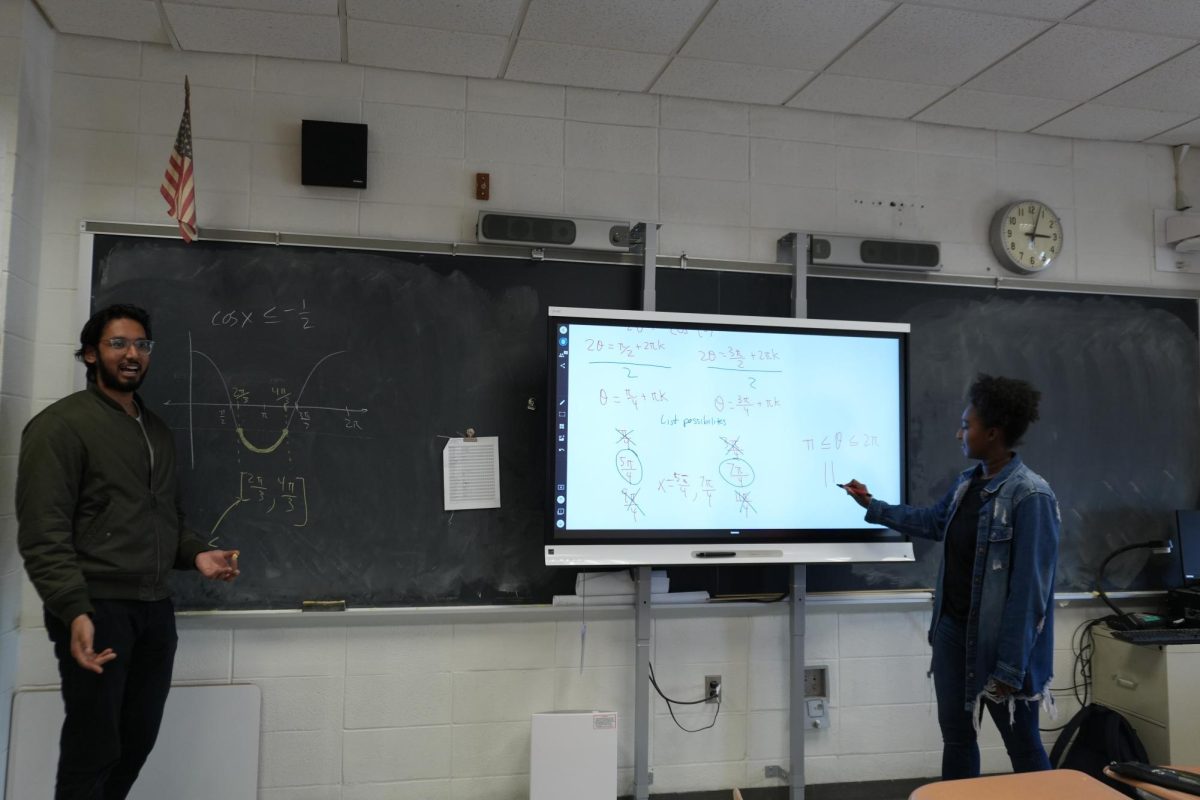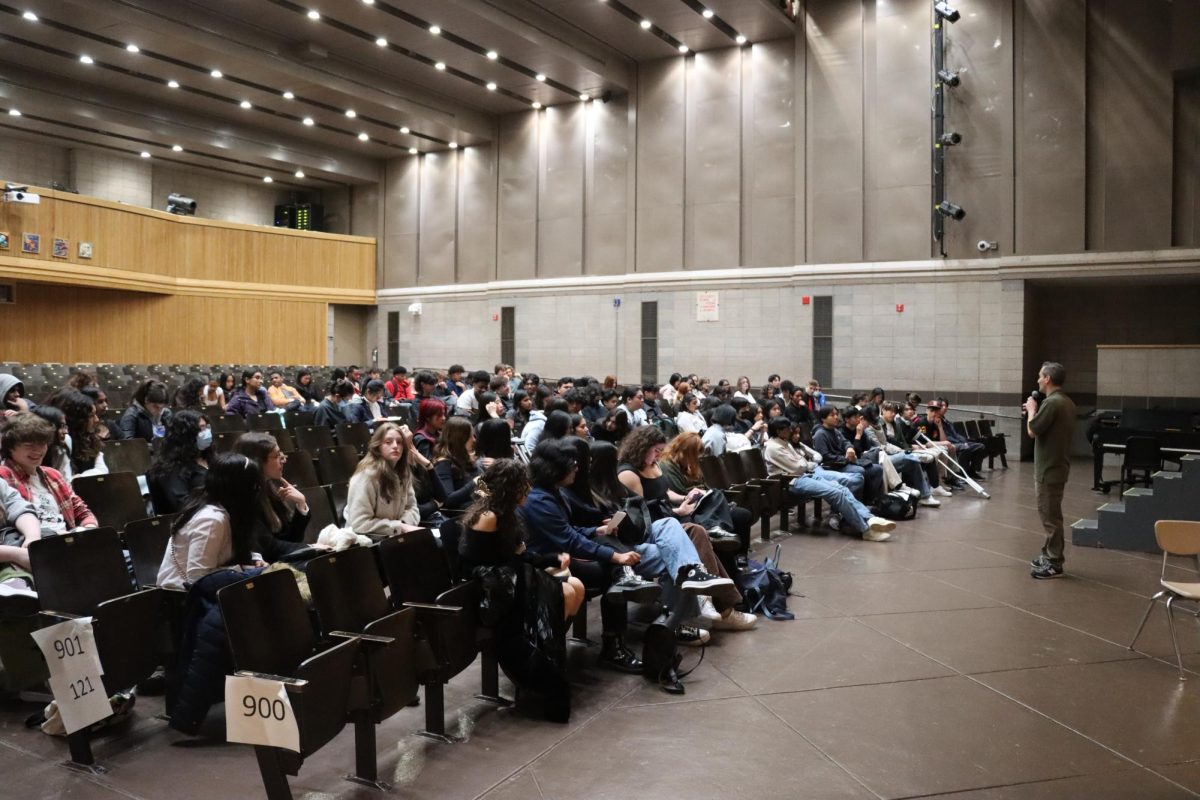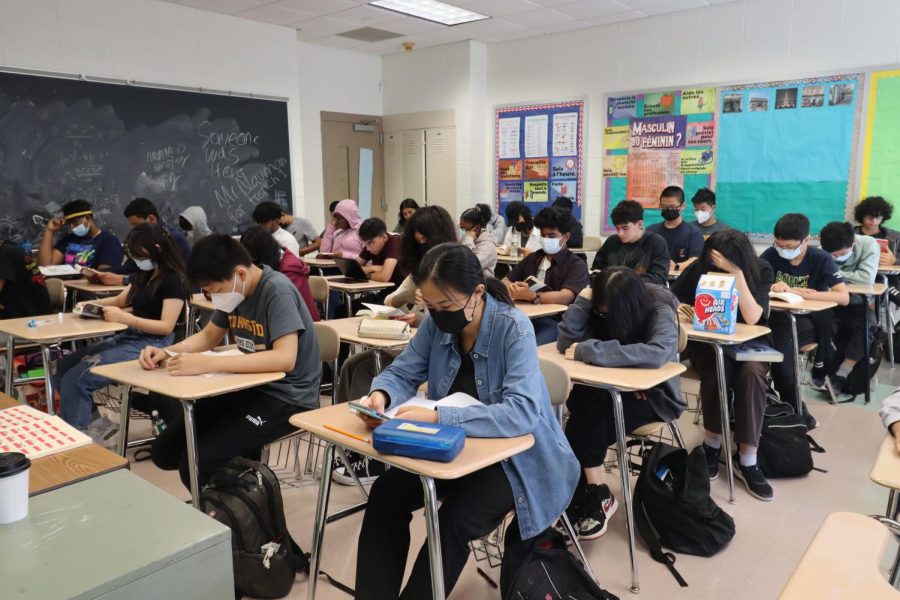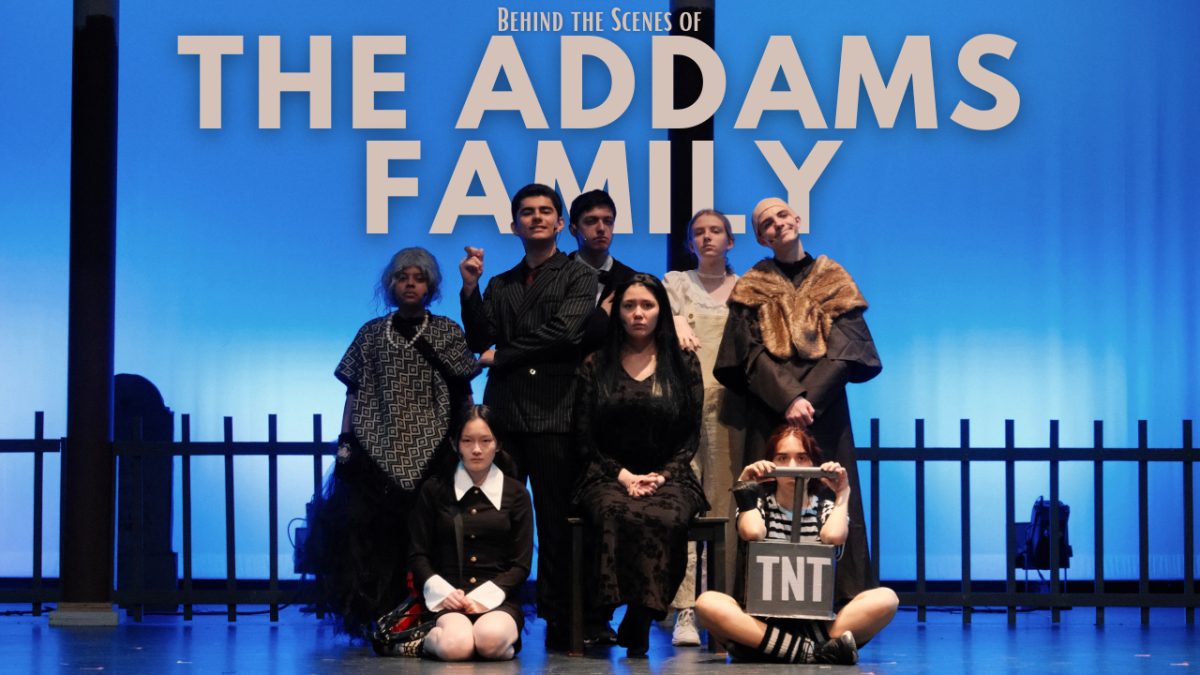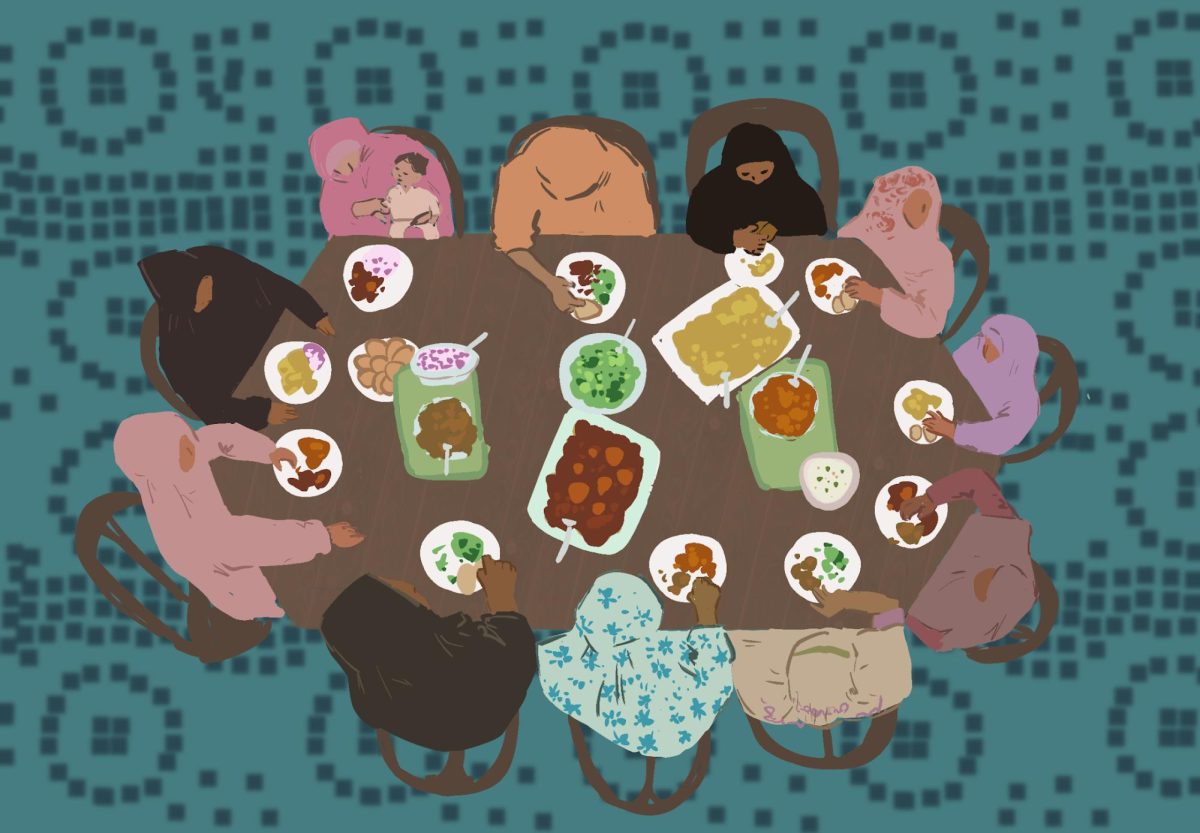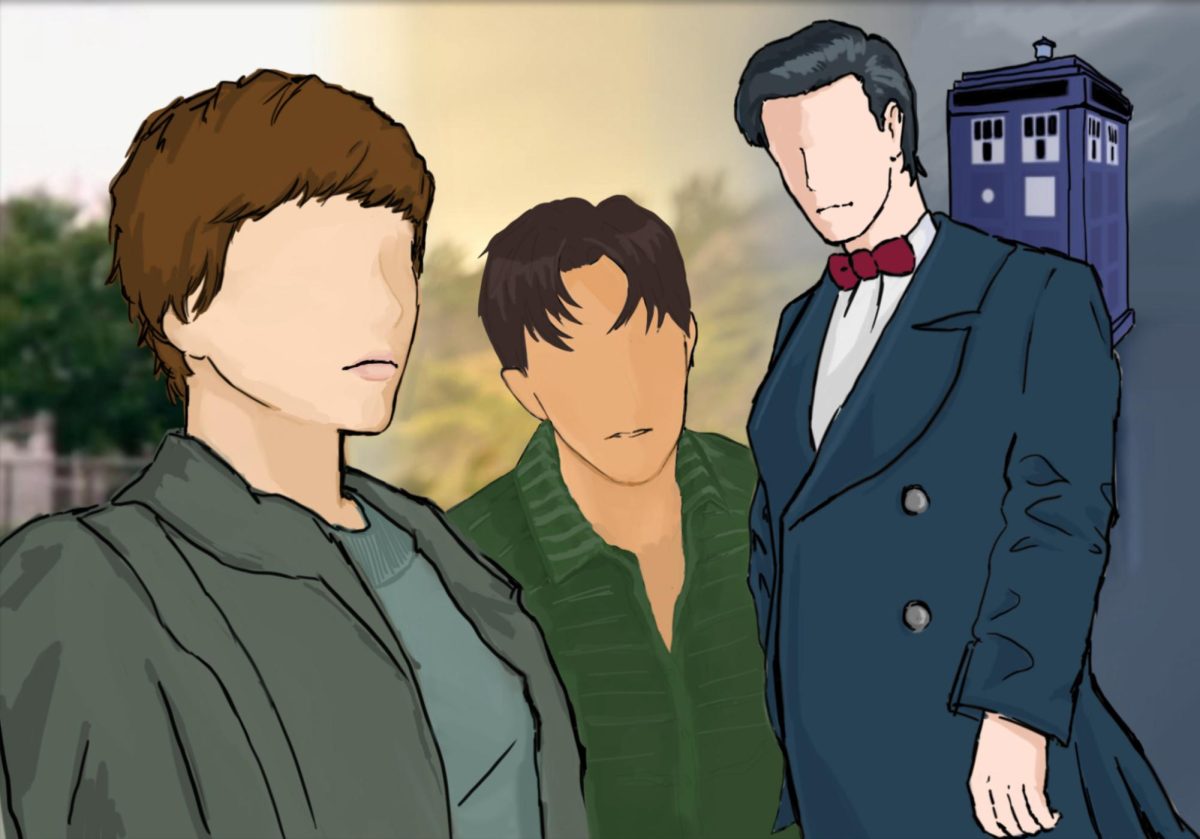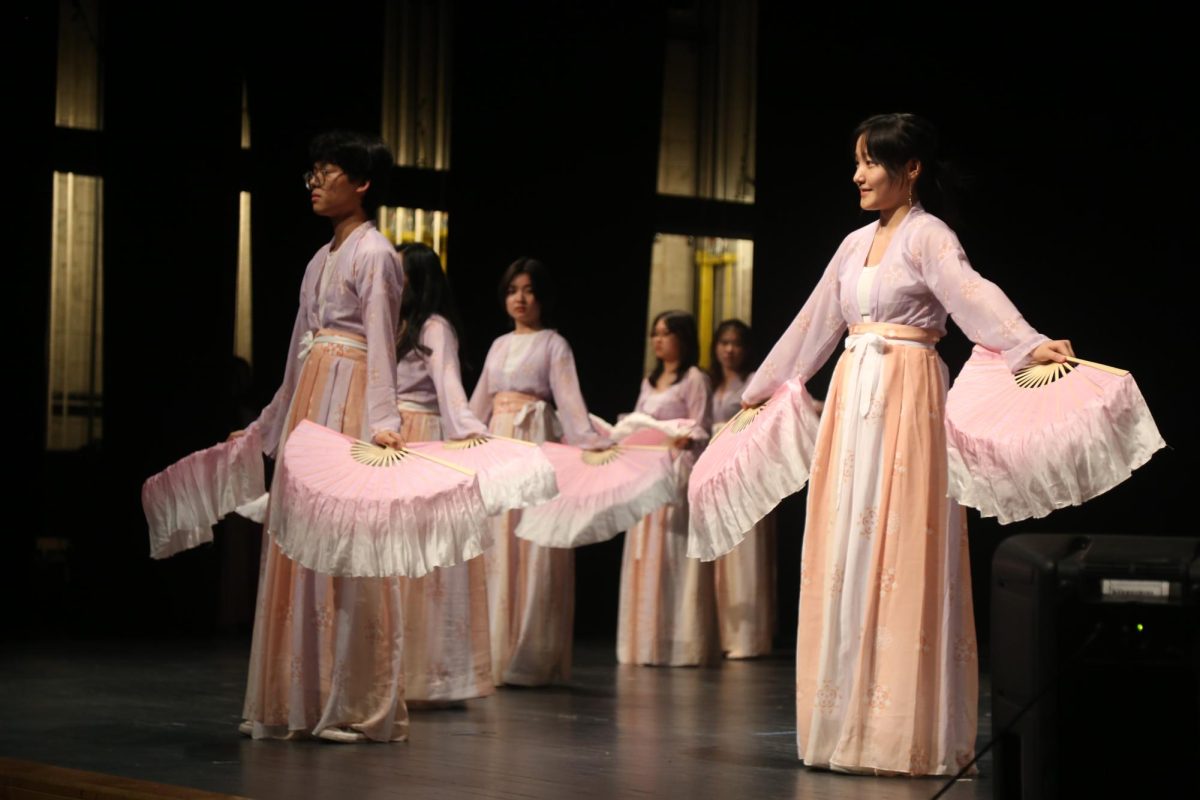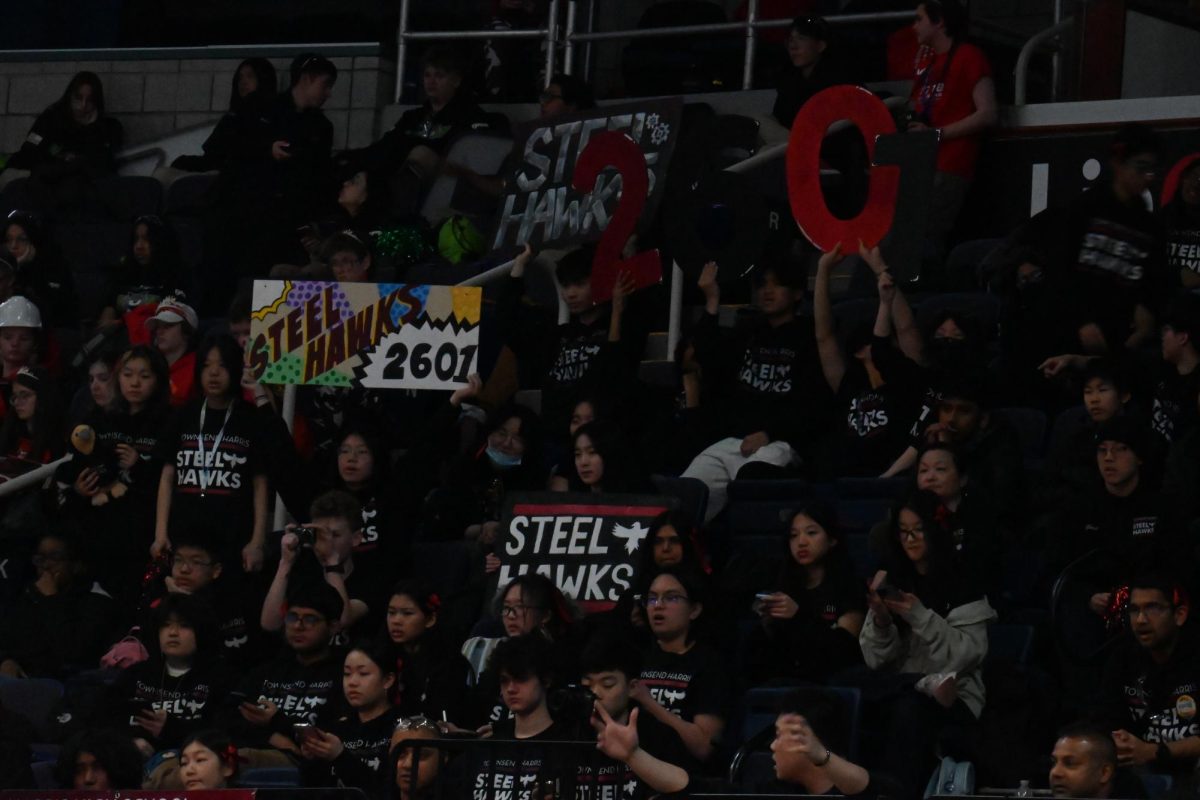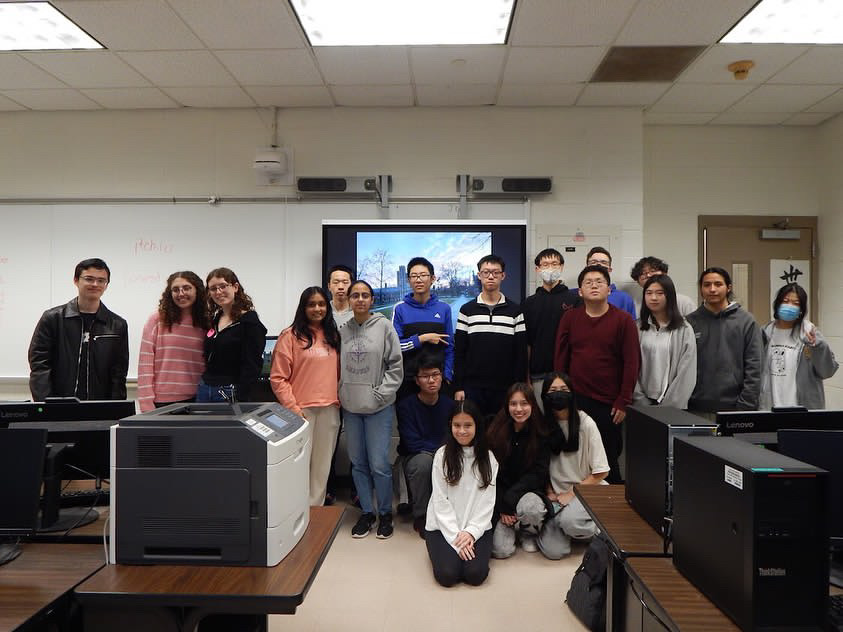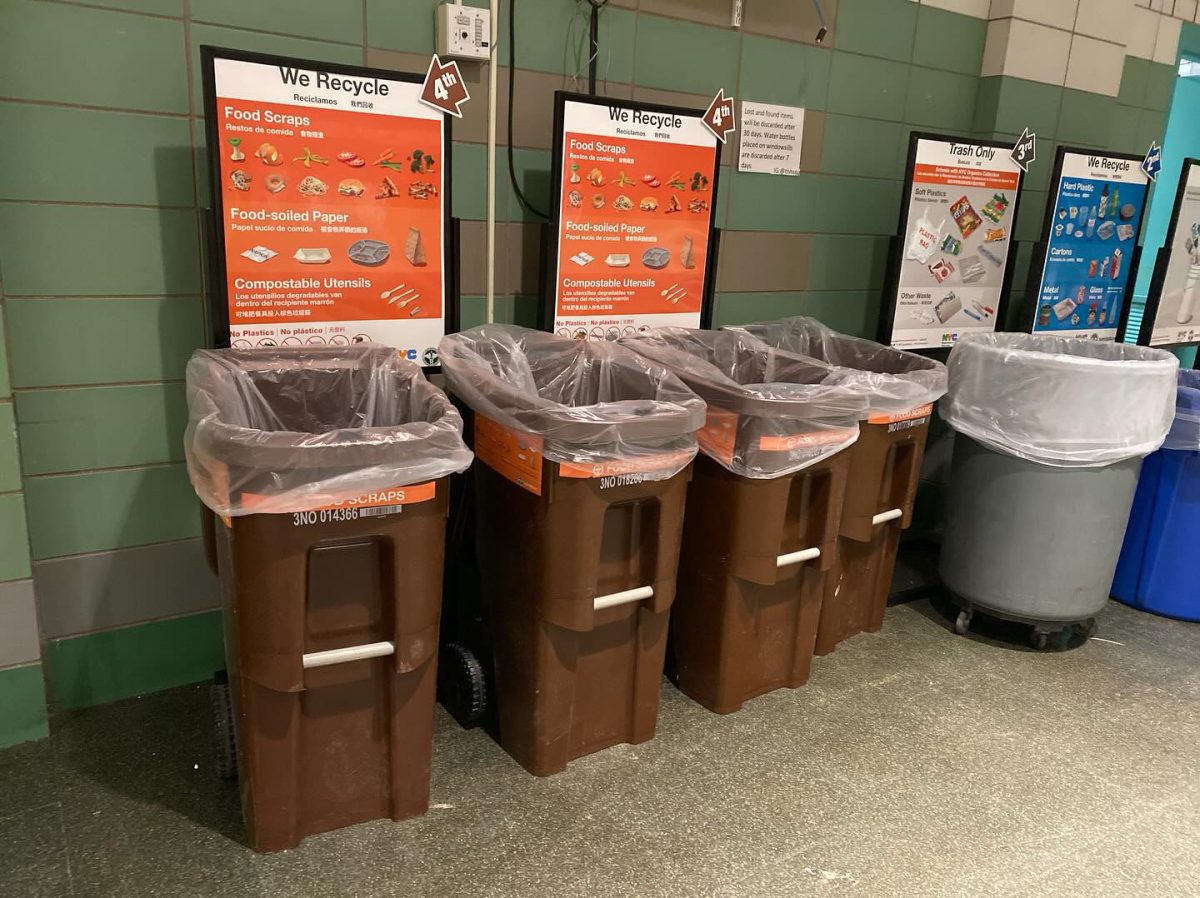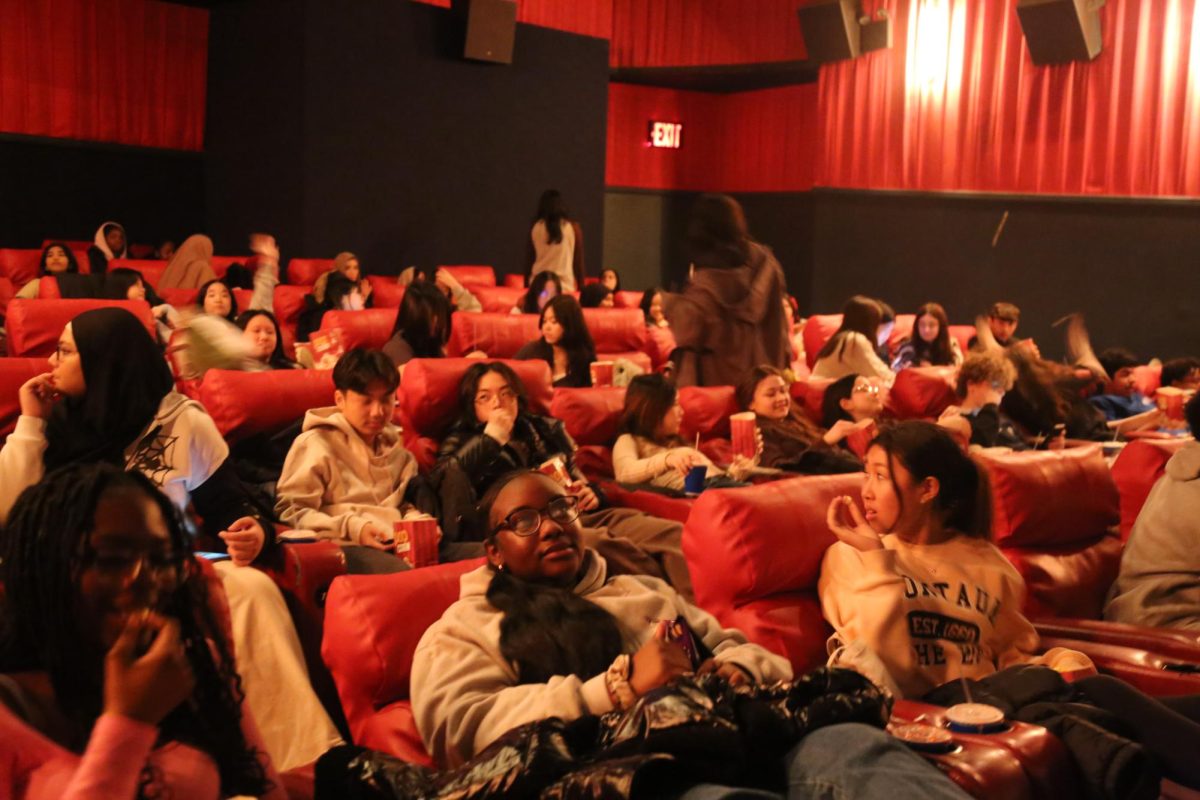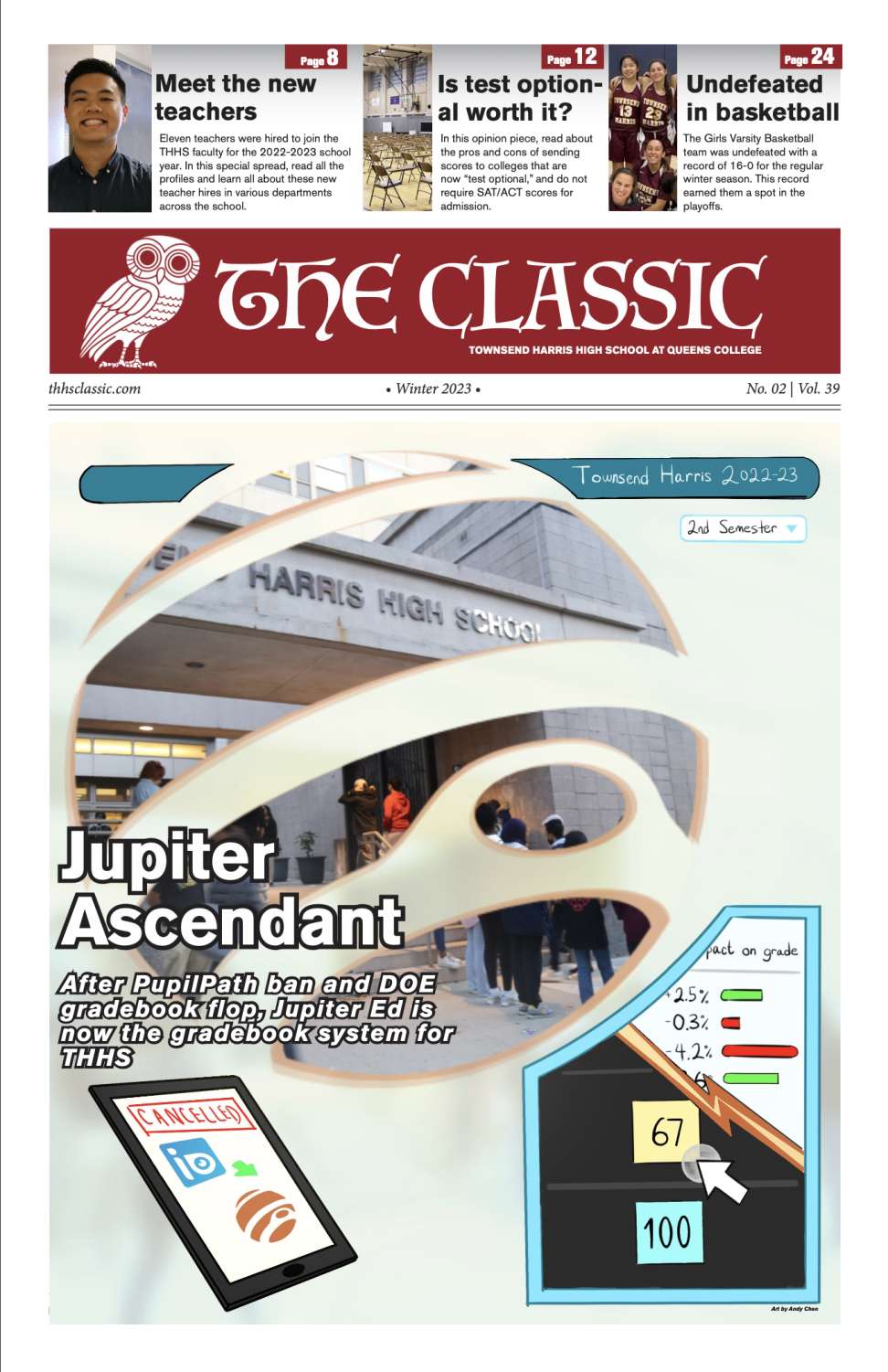
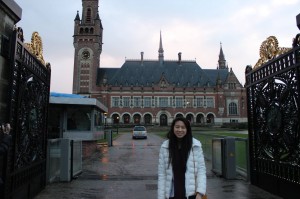
Photo courtesy of Adrienne Lee
From January 18 to January 25, senior Adrienne Lee participated in the 2nd International Moot Court (IMC) competition in the Netherlands. She was among sixteen New York City public high school students chosen to compete against teams from twelve other countries, with two teams from New York City representing the entire United States.
Most of the competition took place at Leiden University at the Hague, which is the legislative center of the Netherlands. Here, high school students from several countries gathered to take on the role of attorneys and present their arguments on a specific case. Adrienne’s case revolved around the International Criminal Court (ICC), which is an institution that prosecutes individuals when national courts are unwilling or unable to investigate grave cases such as genocides, crimes against humanity, and war crimes. As a prosecutor, Adrienne had to argue that the jurisdiction of the case “Prosecutor v. Joseph Bombi” had “enough gravity to move to a full trial” by proving that there was enough evidence for substantial grounds that Mr. Bombi had committed the crime of enslavement.
“These people [were] being used as slaves to mine diamonds that are then used to do other criminal actions including more slavery,” explained Social Studies teacher Linda Steinmann, who taught Adrienne in both her Constitutional and Criminal law classes and suggested that she try out for the team. “So it’s all very complicated case and Adrienne had to sort of go through all material and shift out all the important issues having to do with human rights and international law.”
Adrienne’s prosecution team competed against teams from Argentina, Poland, China and Bulgaria, while the defense team competed against Holland, Germany and Romania. The other teams that attended were from Sweden, Mongolia, Venezuela, Russia, and South Africa. During each round, three judges gave the teams a score for each listed criteria. At the end of the all rounds, the points were totaled and the countries with the most number of points advanced, with the team from Venezuela eventually winning the entire competition. Final rounds took place at the Peace Palace, which houses the main judicial body of the United Nations, the International Court of Justice.
“It was awesome meeting people who were working on the same case as I was and we could see how each team looked at a certain fact or approached an argument,” said Adrienne.
During the case, judges could interrupt at any time to ask questions. Adrienne acknowledged that it was a challenge trying to answer these questions as well as bring the answers back to the argument. However, she also noted that as a result of this increased pressure, she “learned so much about international criminal law when crafting [her] argument and actually speaking.” She said that this factor helped her gain confidence as well.
“Arguing my case was really exciting and I was pretty nervous, but my teammates reminded me that I knew my case inside and out and it really helped,” remarked Adrienne.
Overall, Adrienne felt that her team’s arguments were very successful and that they were “some of the most knowledgeable and technical to the law out of all the arguments presented at the competition.”
Adrienne discovered that she had qualified for the U.S. team last November, after presenting her argument on a tryout date in front of a panel of attorneys and representatives from the Justice Resource Center (JRC), who funded the trip, and then undergoing an interview by another JRC representative. Two weeks before the interviews, Adrienne had to familiarize herself with both sides of the assigned case, taking the side of the prosecution. She, along with fifty other high school students, tried out for a spot on either of the two New York City teams. One team worked with the Akin Gump law firm while Adrienne and six other students worked with the Clifford Chance law firm. Adrienne and her team had to practice at a volunteer law firm in Manhattan twice a week where they were coached by professional attorneys, and the endless amount of dedication continued afterwards.
“The last week before we left, we practiced every day for about four to five hours, longer than we usually practiced, which was two hours,” she recalled.
Dr. Steinmann noted that this was the second time New York has competed in IMC and the first time a Harrisite qualified for the team.
“I just want to say how proud I am,” she said. “[Adrienne] is a really terrific kid. You have to have a very good attitude to this because a lot of people would give up and say ‘I can’t do it’, but Adrienne has got a great attitude…”
Assistant Principal of Humanities Rafal Olechowski, who also encouraged Adrienne to try out for the team, agreed, saying, “In order to qualify you have to be smart, sharp, with good presentation skills and charisma. We were trying to draft a list of students who are good candidates for this and Adrienne was on the shortlist of the people we really thought about. So it was a no-brainer.”
Adrienne took several valuable lessons from this experience back to the U.S., specifically about the role of gravity, or legal enormity, in a court case.
“I learned a lot about gravity and that it’s not a typical element in trying to prove that a case belongs in court,” she recalled. “For example, a homicide case or a rape case wouldn’t make it to the ICC because there are a few things that need to be looked at- the large scale and systematic nature of the attack, the role of the perpetrator in the attack as a senior leader, and the role of the perpetrator in the attack as a senior leader among the most responsible.”
Although there were no monetary prizes given and the U.S. team did not win, Adrienne feels that the competition itself was a memorable experience. She was able to gain in-depth knowledge of the ICC, go sightseeing around the Hague, make friendships that lasted even after the competition, and enjoy the opportunity to exchange ideas with students from other countries.
She remarked, “I got to meet people from all over the world… It felt really special to be one of just a few students representing New York City and the entire U.S.”
Adrienne, who is considering a career in law, also attended the Thurgood Marshall law internship last summer and argued in the “We the People” competition as a sophomore.
“I love to watch legal dramas like Suits,” she added, “but I know that these shows are glamorized and try to portray the life of a lawyer as always exciting and fast-paced.”
She admitted that “the life of a real lawyer can be quite grueling and less fabulous” and feels that participating in the IMC competition exposed her to some of the realities of being a lawyer.
“Doing [IMC] opened my eyes to yet another aspect of law on top of the other types I learned about over my summer internship,” she said, “and I want to continue at least learning more about it.”
Additional reporting by Hye Mi Jeon.

